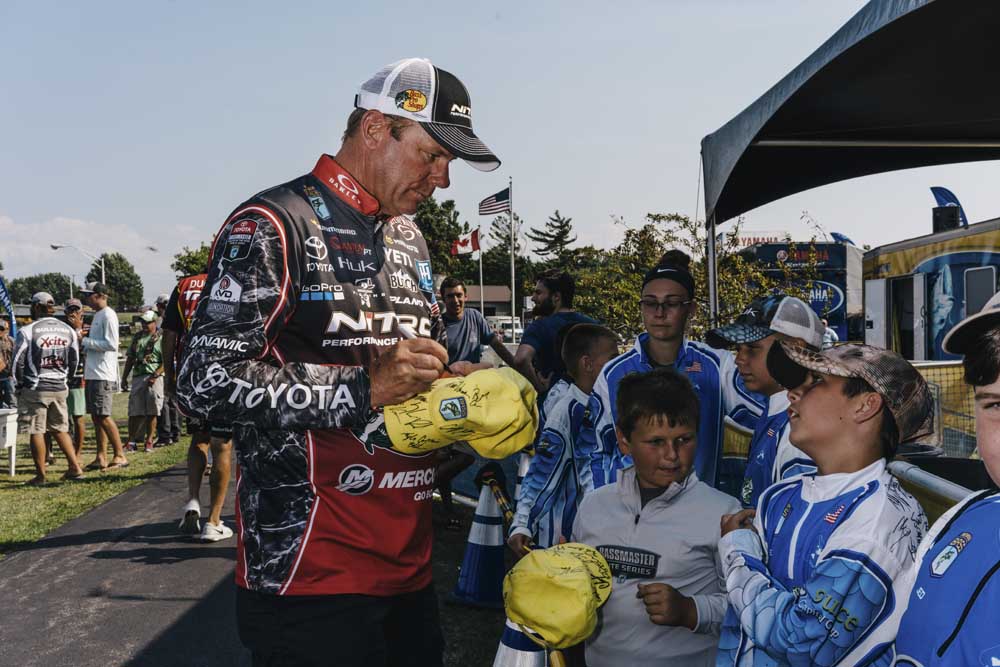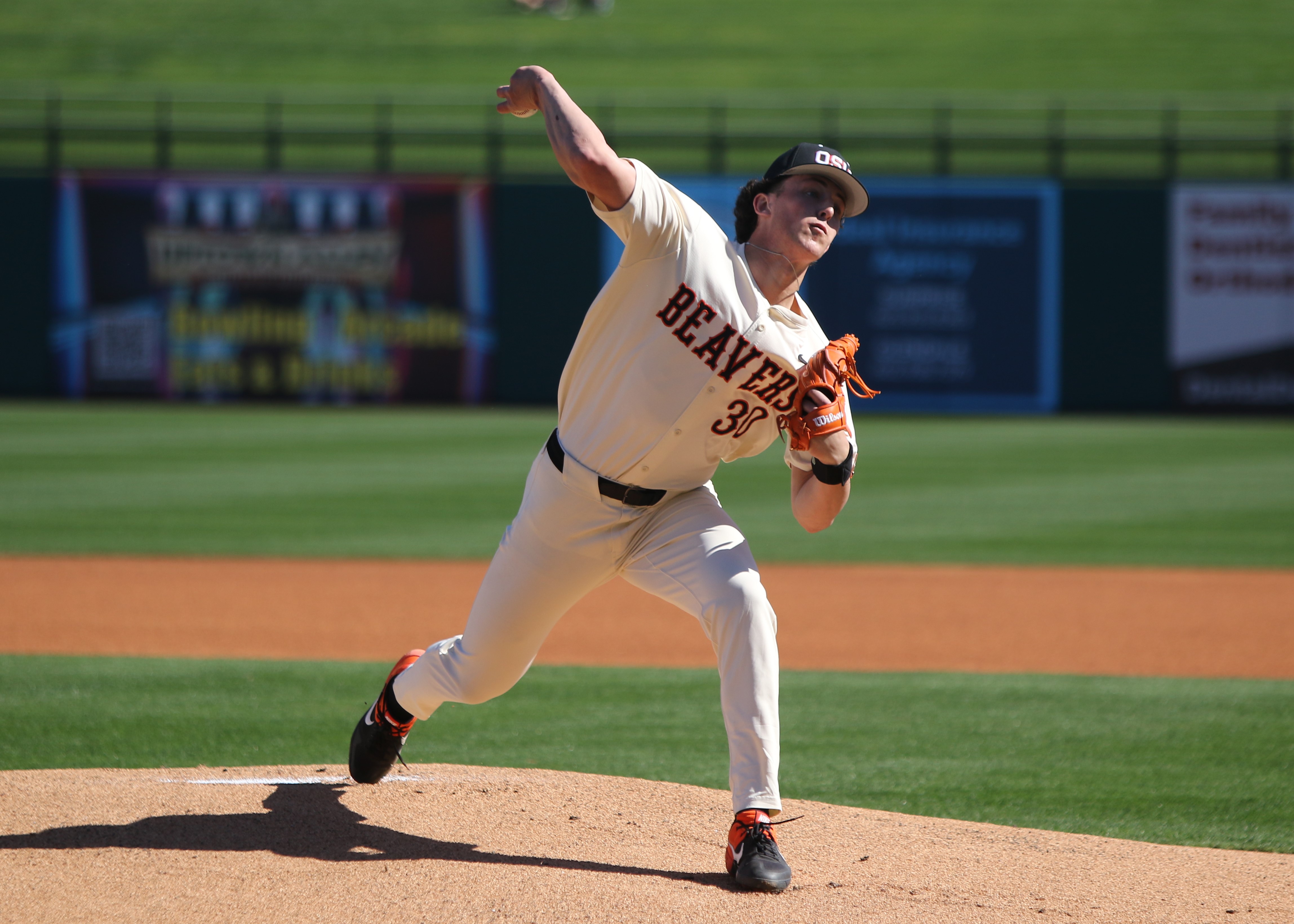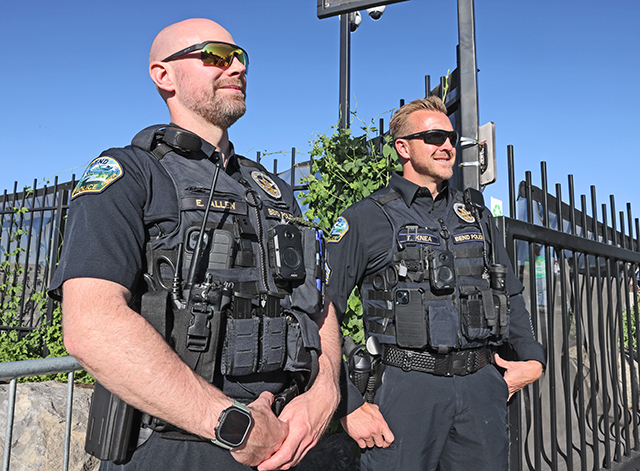To catch anglers, use cash
Published 12:00 am Monday, October 22, 2018

- Kevin VanDam, who has won more than $6.4 million in bass fishing tournaments, signs autographs at the Bassmaster Elite Series tournament in Waddington, New York, in August. (Ryan David Brown/The New York Times)
One Friday morning in August, even before the sun had risen over the St. Lawrence River, the docks in Waddington, New York, were aglow. Some of the artificial light came from a flotilla of sleek boats that drifted around the marina, kitted out with luminous fish-finder devices. The rest emanated from smartphones and video cameras, as dozens of professional anglers recorded social-media clips ahead of the last competition of the regular season.
The Bass Anglers Sportsman Society — or BASS — turned 50 this year, and the professional tournament circuit it runs, the Bassmaster Elite Series, has long been considered the most prestigious in the world. In Waddington, 107 men were competing for a top payout of $100,000. Whoever won would amass points good for the Angler of the Year prize, worth another $100,000, as well as entry in the Bassmaster Classic tournament, where the victor takes home $300,000.
With a few minutes to go before the start of competition, Kevin VanDam sat in the driver’s seat of his Nitro Z21. As a cameraman crouched before him, he began a Facebook Live feed for his nearly 250,000 followers. “I’ve fished here since 1987,” VanDam said into the lens, recalling that it took a combined catch of less than 45 pounds to win that year.
A 51-year-old from Kalamazoo, Michigan, he is considered the best bass fisherman in history — and certainly the best compensated, with more than $6.4 million in BASS winnings. His sponsors likely push his annual earnings into seven figures.
No one realized on that sleepy morning that the world of professional bass fishing was on the cusp of a radical transformation. A month later, VanDam would soberly announce on Facebook that after 29 years, he was bolting from BASS to an upstart rival. Major League Fishing, founded in 2011 in partnership with the Outdoor Channel, had announced a professional competition circuit of its own for 2019, called the Bass Pro Tour.
VanDam and nearly 70 other BASS anglers have been lured away by the promise of more control over league decisions, a more TV-friendly competition format and bigger money. The Bass Pro Tour will have a total payout approaching $10 million.
BASS has responded by lowering its entry fees and upping the prize money at a number of events. The one-upmanship means that right now is possibly the most lucrative moment in history to be a professional catcher of bass.
Ray Scott, an insurance salesman from Alabama, founded BASS in 1968. The idea for a tournament series had come to him the previous year during an outing in Jackson, Mississippi. As the creation myth goes, the day was rainy and the fish were elusive, so Scott retreated to his room at a Ramada Inn, took a hot shower and flicked on the TV. Watching basketball players bound across the screen, he thought: Why couldn’t his favorite sport, bass fishing, be professionalized, too?
A few months after what he called his “brainstorm in a rainstorm,” Scott held the first modern bass fishing tournament on Beaver Lake in Arkansas, inviting 106 anglers to compete for cash prizes, a fully paid fishing trip to Acapulco, Mexico, and a plot of land on the lake. He also founded Bassmaster Magazine.
“It is my plan that we lift bass fishing up to public par with golf, bowling and pocket billiards,” he wrote in the first issue. “It’s high time the public found out we exist.”
To an extent, Scott’s goal has been realized. According to the most recent National Survey of Fishing, Hunting and Wildlife-Associated Recreation, produced by various federal agencies, bass are the most popular fishing target in America. Nearly 36 million people older than 16 went fishing in 2016, and they spent some $43 billion on equipment and travel.
Everyone I spoke to in professional bass fishing agreed that BASS has a tough few years ahead of it, with dozens of its biggest personalities gone, but would ultimately survive. The organization is not only a pro tour; it has amateur competitions and membership rolls of some 500,000 people.
In September, I reached VanDam in Missouri, a few days after he was inducted into the Hall of Fame. As far as he was concerned, he said, BASS would continue to be the “keeper of the culture.”
“Change is hard,” he added. “But this is going to be very positive for our overall sport. You have significant investments from all sides, and it’s pretty hard not to grow when you have that. When the water rises, all ships go with it.”






